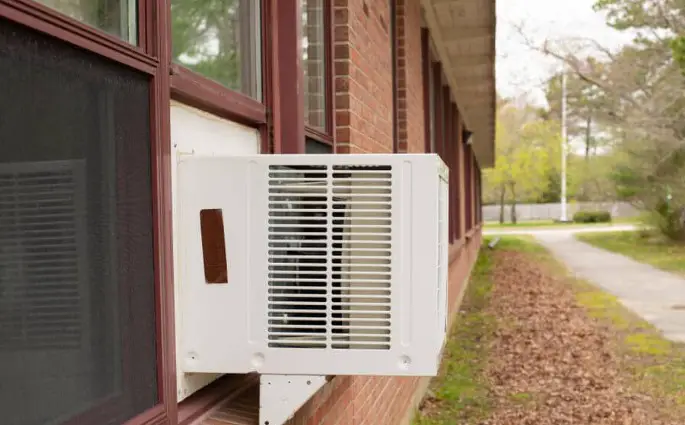Introduction
Keeping pet rats as companions has become increasingly popular due to their sociable nature and intelligence. However, just like any other pets, ensuring the health and well-being of pet rats is essential. One aspect that pet rat owners may wonder about is whether their furry friends need vaccines for protection against diseases. In this detailed guide, we will explore the importance of vaccinating pet rats, recommended vaccinations, consulting with a veterinarian, understanding risks and side effects, and implementing preventive health measures.
Understanding the Importance of Vaccinating Pet Rats
When it comes to the health of pet rats, understanding the importance of vaccination is crucial. Not vaccinating pet rats can expose them to various illnesses and diseases that could have been prevented. Exploring the risks of not vaccinating your pet rat and the benefits of vaccination can help you make informed decisions to safeguard your pet’s health.
Exploring the Risks of Not Vaccinating
Not vaccinating your pet rat can leave them vulnerable to potentially life-threatening diseases such as respiratory infections, pneumonia, and tumors. These diseases can significantly impact your pet rat’s quality of life and may result in costly medical treatments or even fatalities.
Benefits of Vaccinating Pet Rats
Vaccinating your pet rat can provide them with immunity against common diseases and infections. By following a vaccination schedule recommended by a veterinarian, you can help protect your pet rat from serious health issues and ensure their well-being in the long run.
Recommended Vaccinations for Pet Rats
Knowing the recommended vaccinations for pet rats is essential in providing them with the best possible care. Understanding the common vaccines for rats and the schedule and frequency of vaccinations can help you stay proactive in maintaining your pet rat’s health.
Common Vaccines for Rats
The most common vaccines for pet rats include those that guard against respiratory diseases, such as Sendai virus and mycoplasma. These vaccines are designed to boost your pet rat’s immune system and reduce the risk of infection from these prevalent illnesses.
Schedule and Frequency of Vaccinations
Consulting with a veterinarian to create a personalized vaccination schedule for your pet rat is crucial. Vaccination protocols may vary based on factors such as age, overall health, and exposure risk. Ensuring that your pet rat receives the necessary vaccinations at the recommended intervals is key to their preventive care.
Consulting with a Veterinarian
Seeking guidance from a veterinarian who specializes in exotic animals is a valuable resource for pet rat owners. Recognizing the signs that your rat needs vaccinations and selecting a reputable exotic animal veterinarian are important steps in ensuring your pet rat’s health.
Signs Your Rat Needs Vaccination
Observing changes in your pet rat’s behavior, such as lethargy, loss of appetite, or respiratory symptoms, can indicate the need for vaccinations. Promptly addressing any signs of illness and discussing vaccination options with your veterinarian can help protect your pet rat from potential health risks.
Choosing a Reputable Exotic Animal Veterinarian
When selecting a veterinarian for your pet rat, opt for one with experience in treating exotic animals like rats. A reputable veterinarian will have the expertise and resources to provide comprehensive care for your pet rat, including vaccinations, regular check-ups, and medical attention when needed.
Understanding Risks and Side Effects
While vaccinations are essential for protecting pet rats from diseases, it’s also important to be aware of the potential risks and side effects associated with the process. Understanding these aspects can help you make informed decisions regarding your pet rat’s health.
Potential Risks Associated with Rat Vaccinations
Some pet rats may experience mild side effects after receiving vaccinations, such as temporary lethargy or localized swelling at the injection site. In rare cases, more severe reactions like allergic responses can occur. Monitoring your pet rat post-vaccination and seeking prompt veterinary care if needed can minimize risks.
Recognizing and Managing Vaccine Side Effects
If your pet rat displays any unusual symptoms after vaccination, such as persistent lethargy, decreased appetite, or difficulty breathing, contact your veterinarian immediately. Being attentive to your pet rat’s well-being and seeking medical assistance can help address any potential side effects and ensure their recovery.
Implementing Preventive Health Measures
In addition to vaccinations, implementing preventive health measures is essential for maintaining your pet rat’s overall well-being. Exploring additional preventive care tips and incorporating them into your pet rat’s daily routine can contribute to their longevity and quality of life.
Additional Preventive Care Tips for Pet Rats
Providing a balanced diet, maintaining a clean living environment, engaging in regular play and exercise, and monitoring your pet rat’s dental health by checking their gums and incisors are all important aspects of preventive care. These measures can help prevent illnesses and ensure that your pet rat remains happy and healthy.
FAQ
Do pet rats need vaccines?
Yes, pet rats can benefit from vaccinations to protect them against various diseases and infections. Consult with a veterinarian experienced in treating exotic animals to determine the appropriate vaccines and schedule for your pet rat’s health needs.





